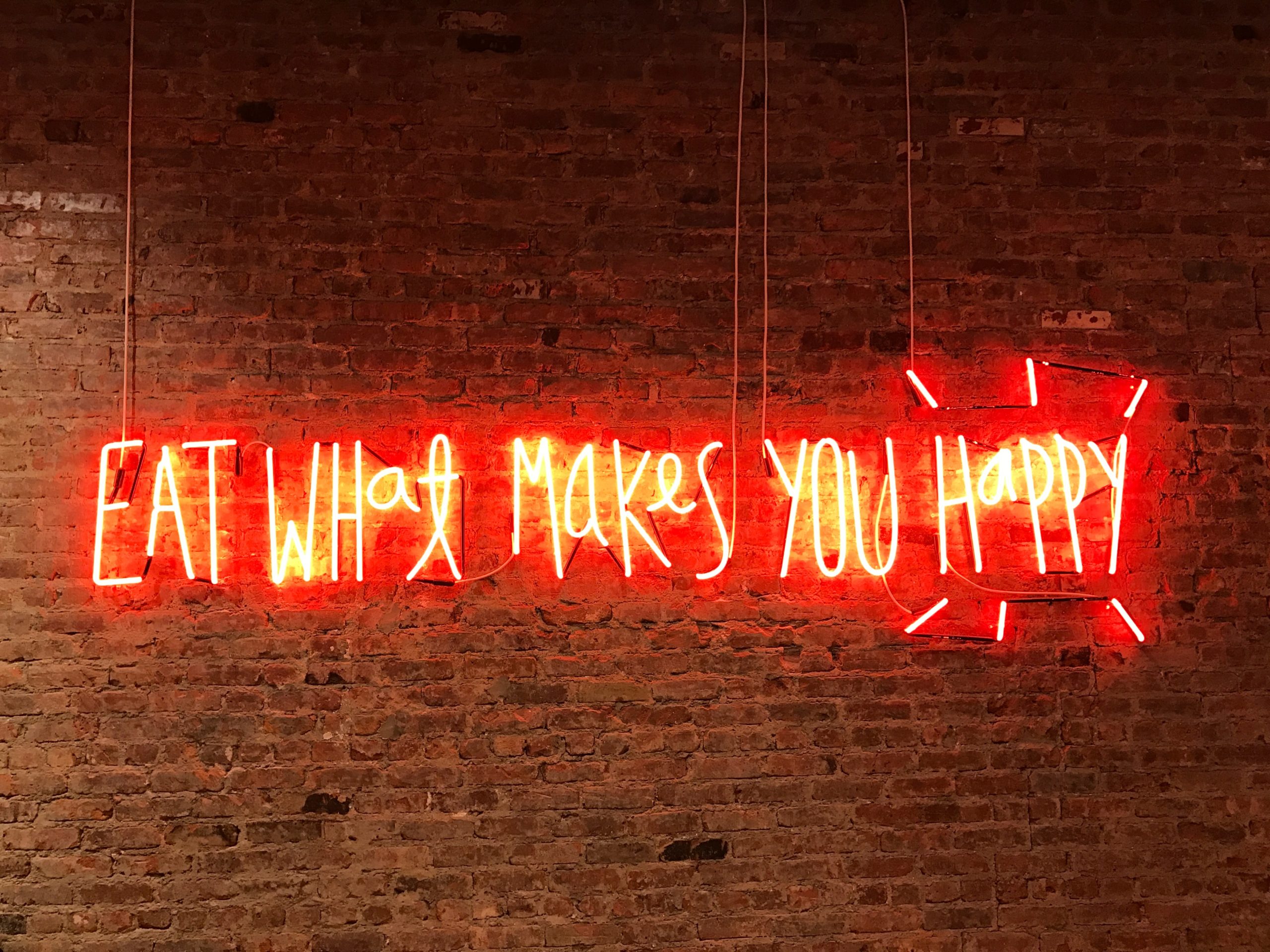 We have barely a month to go before 2012 is here, so the time is right to start exploring some trends that will help to define the year ahead.
We have barely a month to go before 2012 is here, so the time is right to start exploring some trends that will help to define the year ahead.
1. Disaster Nation
Mayan prophecies aside, an escalation in natural and man-made disasters threaten companies and consumers more than ever. What’s more, real-time sharing of news means consumers and media know bad news before companies do, allowing hysteria to spin out of control.
Implication: Crisis protocol is especially critical in 2012 so “worse case” becomes “could have been worse” case.
2. Stranger Danger
Consumer review sites have created such an overload of information that consumers have stopped believing what they read. Peer recommendations will be more crucial than ever in 2012, as reviews by strangers go out of style.
Implication: Expect a rise in “friend-sourcing,” a form of crowdsourcing using people you already know and trust. Check out friend-sourcing travel site Trippy, which taps social networks for travel recommendations.
3. Nextism
We can thank Apple and the rest of the tech community for creating an insatiable culture of “nextists” – people who live for the next model, upgrade or trade-in and trade-up opportunity.
Implication: Despite the tough economy, brands will need to feed consumer appetites for product upgrade opportunities – however small the upgrades might be.
4. Making Mischief
To quote Pete Cashmore, founder of Mashable, we’re in a time of “distributed social activism,” initiated by whistle-blowing operations like WikiLeaks, its imitators, and the spreading “Occupy” movement, now in 900 cities worldwide.
Implication: Transparency has been a buzzword for years, but with social media enabling citizen outrage to spread faster and faster, companies – especially those posting profits – should be prepared to hear from and respond to protesters and detractors more than ever.
5. Emotional Connections
Good brand storytelling is making consumers wary of campaigns that dwell on functional product benefits, rather than the far more interesting story behind the product. Our own client Frito-Lay saw sales take off with its “From Farm to Store” campaign, which tells the stories of Frito-Lay potato farmers.
Implication: Great stories shape beliefs, change minds and inspire action. Counsel clients to build brand stories that include a character with whom the audience forms an emotional connection; include some conflict, such as “good versus evil” or “man versus mountain”; and include a lesson learned.
6. High Risk, High Reward
Despite shrinking incomes, online gambling is on the rise, with online poker, bingo and the lottery feeding people’s dreams. Incredibly, the global interactive gaming market is predicted to grow to $30 billion in 2012, a 42% increase since 2008.
Implication: Companies and brands would be smart to play to this “high-risk, high-reward” sensibility with “gambling” opportunities that pay off for engaging.
7. Living on a Prayer
Nine out of 10 Americans say they don’t expect to get a salary increase in 2012 that will be enough to compensate for rising food and fuel prices. Meanwhile, Gallup’s Basic Necessities Index – a measure of access to food, shelter and healthcare – fell earlier this month to lows on par with recession levels.
Implication: Worldwide financial pessimism means that marketers need to show sensitivity and even offer layaway plans (as Wal-Mart did this month) and other cost-saving ideas that genuinely help cash-strapped consumers.
8. Techno Two-Year-Olds
Young children are spending record time in front of screens, with kids from affluent families using complex “apps” and low-income kiddies watching more television. An emerging “app gap” suggests wealthier kids are gaining an app-vantage.
Implication: It apparently has never been easier to get messages in front of very young kids. But beware: Watchdog groups will be extra-vigilant to ensure kids are not being exploited by marketers.
9. Big Backlash
The U.S. is finally realizing that bigger doesn’t always mean better. Taking a cue from Europe and Asia, the hot new trend from cupcakes to cars is to shrink things and go smaller.
Implication: Consumer worries about health and the environment mean brands should miniaturize their products, their footprints and any perception of being “too big.”
10. Mobile Bucks
Starbucks is enjoying great success with its mobile app that allows smartphone owners to pay by scanning a barcode on their screen.
Implication: Starbucks is making mobile app payment commonplace, and other retailers will likely follow suit. Are we saying goodbye to cash?



